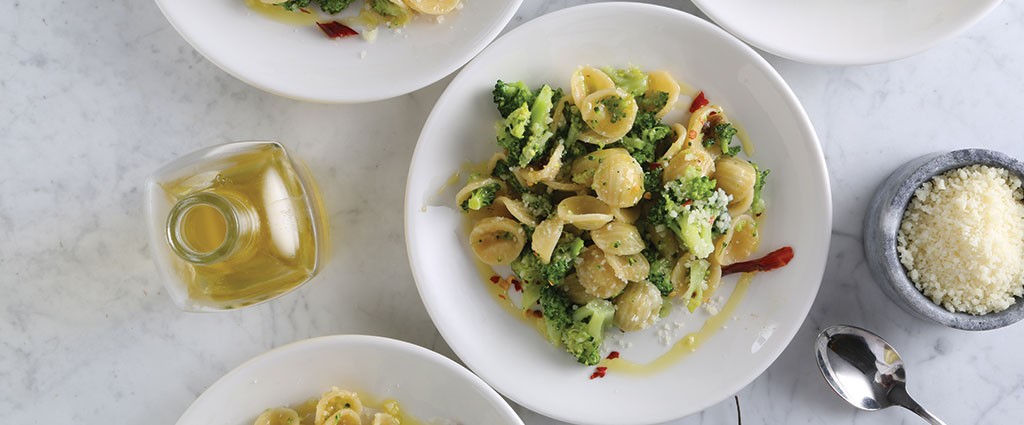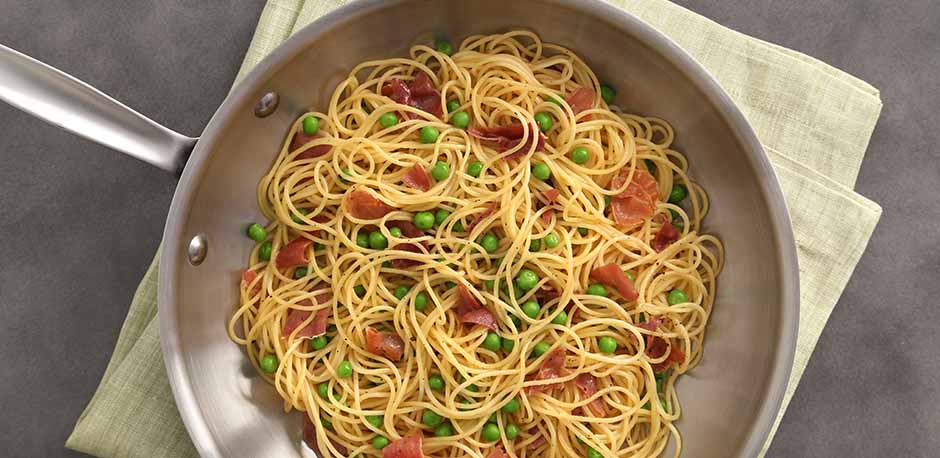Feeling Blue? That’s a Good Thing. How to Live a Blue Zones Lifestyle.
Founder of the revolutionary Blue Zones, Dan Buettner, distills the secrets to long life in “the Power Nine.”
BY VICKI MARTINEZ
When Dan Buettner and his team set out to discover how the longest-lived people in the world thrive, they found several commonalities that exist, despite geography. From Sardinia and the Greek Island of Ikaria to Okinawa and a Seventh-day Adventist community in Loma Linda, Calif., the secret to longevity isn't a diet plan or a strict exercise regimen. It's a complete lifestyle.
Natural Movement
“The world’s longest-lived people don’t pump iron, run marathons or join gyms. Instead, they live in environments that constantly nudge them into moving without thinking about it,” explains Buettner. They garden and walk or ride bikes everywhere, avoiding mechanical conveniences.
Purpose
Why do you wake up every morning? “Okinawans call it ‘Ikigai’ and the Nicoyans call it ‘plan de vida’,” he says. “Knowing your sense of purpose is worth up to seven years of extra life expectancy.”

Down Shift
Stress is a leading cause of inflammation, which is a common factor in most age-related diseases. No one is 100 percent stress-free, even in the Blue Zones, but these long-lived people have routines for eliminating stress. Buettner’s examples: Okinawans take a few moments each day to remember their ancestors, Adventists pray, Ikarians take a nap and Sardinians do happy hour.
80 Percent Rule
“People in the Blue Zones eat their smallest meal in the late afternoon or early evening,” Buettner says, “and then they don’t eat any more the rest of the day.” Okinawans employee hara hachi bu, a pre-meal mantra, reminding them not to eat past being 80 percent full. The 20 percent gap makes a huge difference in weight loss.
Plant Slant
“Beans, including fava, black, soy and lentils, are the cornerstone of most centenarian diets. Meat—mostly pork—is eaten on average only five times per month. Serving sizes are 3-4 ounces, about the size of a deck of cards,” says Buettner.
Wine at 5
Other than Adventists, Blue Zone populations consume alcohol regularly, in moderation. “The trick is to drink 1-2 glasses per day with friends and/or with food. And no, you can’t save up all week and have 14 drinks on Saturday.”
Belong
Of the 263 centenarians interviewed, only five were not part of some faith-based community. Buettner points to research, showing that, regardless of denomination, life expectancy increased (anywhere from 4 to 14 years) for those who attend at least four faith-based services monthly.
FOUR ALWAYS


FOUR TO AVOID
Loved Ones First
Centenarians value family above all else. This includes committing to a life partner “which can add up to three years of life expectancy,” investing time and love into children, and keeping aging family members close. “It lowers disease and mortality rates of children in the home too,” encourages Buettner.
Right Tribe
Longevity relies on creating strong social networks that support and shape healthy behavior. Buettner says, “Okinawans created moais—groups of five friends that committed to each other for life.” Research has revealed that, like obesity, smoking and loneliness, happiness is contagious.












Share this Post